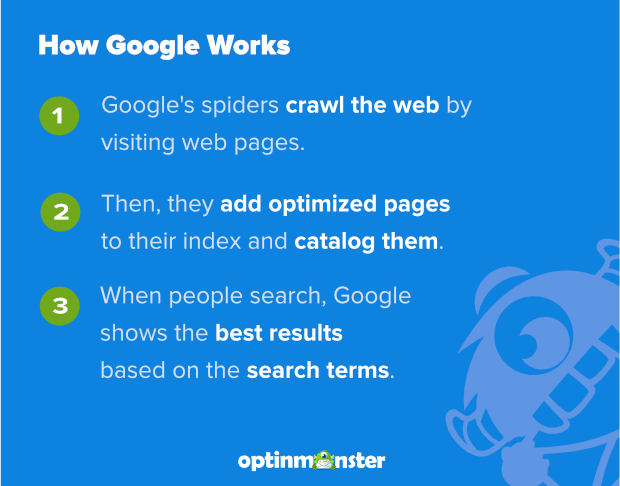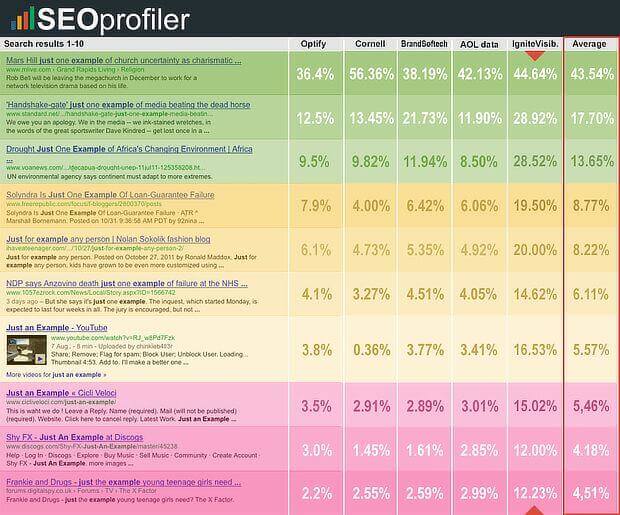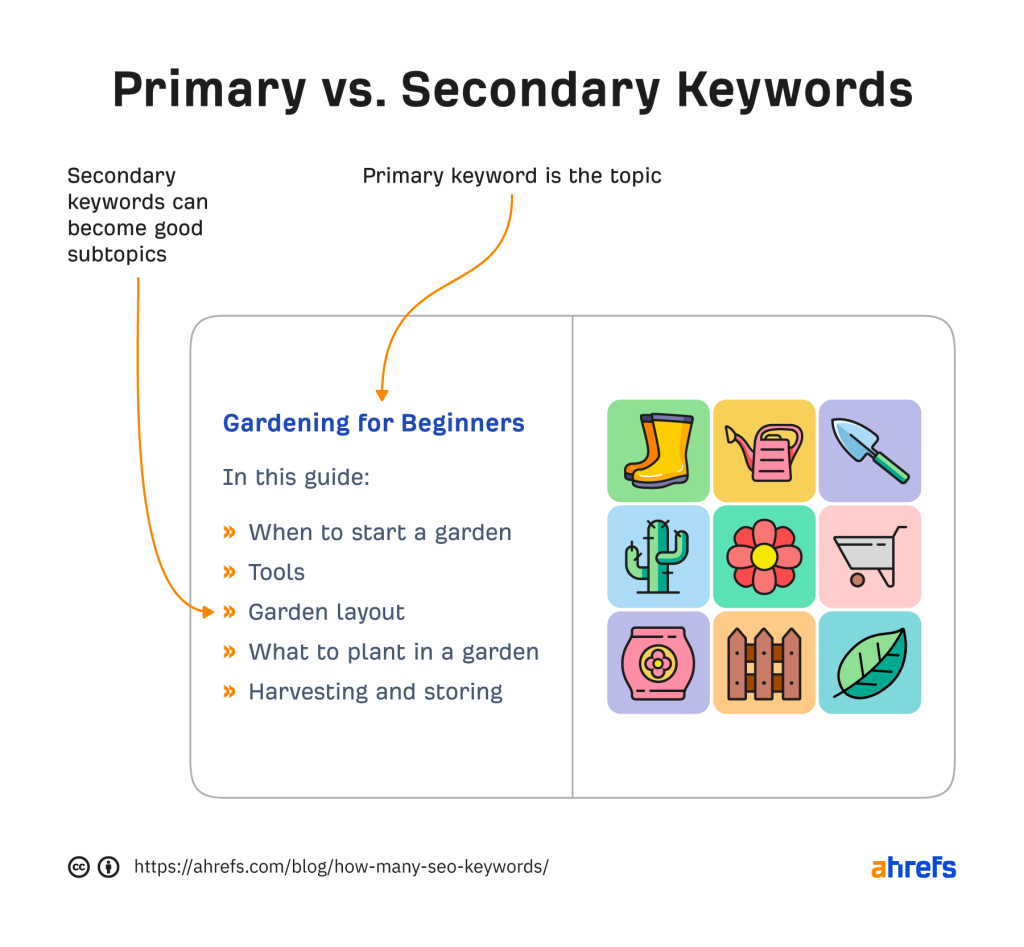To use SEO keywords effectively, integrate them naturally into your content and headlines. Ensure they match the user’s search intent for better visibility.
Mastering the art of SEO keyword usage is crucial for any content creator aiming to improve their website’s search engine ranking. By carefully selecting and incorporating relevant keywords, you can significantly enhance your content’s visibility and attract more targeted traffic to your site.
This process involves understanding your audience’s needs and the terms they use in search queries. A well-rounded introduction to using SEO keywords begins with research; identifying the most valuable and relevant terms related to your content. Next, seamlessly weaving these keywords into your titles, meta descriptions, and throughout the body of your articles can boost your content’s discoverability. Keep in mind, the key to success lies in balance – overstuffing your content with keywords can lead to penalties from search engines. Instead, aim for a natural integration that improves readability and user experience.
Introduction To Seo Keywords
Introduction to SEO Keywords plays a crucial role in digital marketing. Keywords help your website rank higher on search engines. This means more people can find your site easily. Using the right keywords is like giving a map to those looking for what you offer.
The Role Of Keywords In Seo
Keywords act as the bridge between what people are searching for and the content you are providing to meet that need. Your goal is to select keywords that match the intent and search terms of your target audience. This alignment helps search engines like Google understand what your page is about, making it easier to show it to the right users.
- Visibility: Correct keywords increase your site’s visibility.
- Relevance: They ensure your content is relevant to search queries.
- Ranking: High-quality keywords can improve your site’s ranking.
Evolution Of Keyword Usage
Keyword usage has changed over time. Earlier, stuffing an article with keywords was enough. Now, search engines focus on the context and relevance of keywords.
| Year | Focus |
|---|---|
| Before 2010 | Keyword Density |
| 2010-2015 | Keyword Relevance |
| 2016-Present | Intent and Context |
This shift means quality content with well-researched keywords now leads to better SEO performance.

Credit: optinmonster.com
Identifying Your Target Keywords
Identifying your target keywords is the first step in a successful SEO strategy. These keywords help your content reach the right audience. They should closely align with your products, services, and the topics your audience cares about. The right keywords can drive traffic to your site and increase your visibility in search engine results.
Research Tools And Techniques
Effective keyword research involves using the right tools and techniques. Several online tools offer insights into search volume, keyword difficulty, and trends. You can start with free tools like Google Keyword Planner or explore premium options like SEMrush and Ahrefs. Use these tools to discover keywords that are relevant to your content and have a reasonable search volume.
- Google Keyword Planner: Great for beginners and free to use.
- SEMrush: Offers detailed keyword analysis and competitive data.
- Ahrefs: Helps find keyword opportunities and track rankings.
Analyzing Competitor Keywords
Understanding which keywords your competitors rank for can guide your own keyword strategy. Use tools like Ahrefs or SEMrush to analyze your competitor’s keyword profiles. Look for gaps that you can exploit. Identify the keywords that drive traffic to their sites but are underutilized on your own site.
| Tool | Function |
|---|---|
| Ahrefs | Analyze competitor profiles and backlinks. |
| SEMrush | Discover competitor organic and paid keywords. |
Remember, the goal is to find keywords that are relevant and have a high chance of converting visitors into customers. By analyzing competitors, you can refine your keyword list and prioritize the terms that will give you a competitive edge.
Keyword Relevance And Search Intent
Keyword Relevance and Search Intent are crucial for SEO success. They help search engines match content to what users seek. Understanding this can improve website visibility. Let’s explore how to align keywords with user intent and the difference between long-tail and short-tail keywords.
Matching Keywords To User Intent
Keywords must reflect what users search for. This means knowing their goals. Are they looking to buy, learn, or find a specific website? Use keywords that solve their needs. For example, someone searching for ‘buy organic coffee beans online’ has a clear intent to purchase.
Long-tail Vs. Short-tail Keywords
Long-tail keywords are phrases with three or more words. They are specific and less competitive. They often have a higher conversion rate. Short-tail keywords are one or two words long. They have a high search volume but are highly competitive.
- Long-tail examples: ‘best organic coffee beans in New York’.
- Short-tail examples: ‘coffee beans’.
Using both types can drive traffic and cater to different user intents.
Optimizing Content With Keywords
Mastering SEO requires strategic keyword use. It boosts visibility and drives traffic. Let’s dive into optimizing content with the right keywords.
Strategic Placement In Content
Keywords should appear at strategic points. The title, headings, and opening paragraphs are crucial. Google values these spots. They hint at your content’s focus.
- Title: Insert the primary keyword to capture attention.
- Meta description: Include secondary keywords to entice clicks.
- Headings: Spread keywords to guide readers and search engines.
- First paragraph: Mention the primary keyword to establish topic relevance.
- Conclusion: Reinforce the main keyword to leave a lasting impact.
Keyword Density And Over-optimization
Keyword density matters. Aim for a natural flow. Too many keywords can harm. Google might see this as spamming. It can penalize your site.
| Keyword Density | Effect |
|---|---|
| 1-2% | Seen as optimal for most content. |
| Over 3% | Risks being flagged as keyword stuffing. |
Use synonyms and related terms. They enrich content and prevent over-optimization. LSI keywords (Latent Semantic Indexing) are your friends here. They are thematically related terms that search engines use to understand content better.
Technical Seo And Keywords
Technical SEO is the foundation of a site’s relationship with search engines. It involves optimizing the infrastructure of a website so search engines can crawl and index it effectively. A crucial part of this is understanding how to integrate SEO keywords into this technical framework to boost your site’s visibility.
Meta Tags And Descriptions
Meta tags and descriptions are crucial for SEO. They provide search engines with concise info about the content of a page. Keywords in these elements should be targeted and relevant.
- Title Tag: Include primary keywords at the beginning.
- Meta Description: Use action-oriented language featuring primary and secondary keywords.
- Header Tags (H1, H2, etc.): Reflect main and related keywords in a hierarchical manner.
Url Structure And Keyword Inclusion
A well-crafted URL is simple and keyword-rich. It should clearly indicate the page’s content to both users and search engines.
| URL Component | Importance |
|---|---|
| Slug | Include target keywords for clarity and SEO. |
| Hyphens | Separate words for better readability. |
| Lowercase | Use lowercase letters to avoid confusion. |
Keywords In Backlink Strategy
Let’s dive into how to use SEO keywords in your backlink strategy. The right approach can boost your site’s rank. Keep reading to learn about incorporating keywords smartly.
Anchor Text Variations
Using different anchor texts is key. It makes your links seem natural. Here’s how:
- Vary your keywords in each link.
- Use brand names, generic terms, and direct phrases.
- Mix in long-tail keywords for diversity.
This method prevents penalties from search engines. It shows you’re not spamming keywords.
Building A Natural Link Profile
Creating a natural link profile is crucial. It tells search engines your site is valuable. Here’s what to do:
- Get links from various websites.
- Ensure these sites are relevant to your niche.
- Links should come from both high and low authority sites.
This approach improves your site’s credibility. It also boosts your rankings.
Tracking Keyword Performance
Tracking Keyword Performance is a must in SEO.
It helps you understand what works. You learn which keywords bring traffic. Your SEO strategy gets better with good data. Let’s dive into how you can monitor and adjust your keyword strategy.
Monitoring Rankings
Keeping an eye on rankings is crucial. It tells you where your content stands in search results. Use tools like Google Search Console or SEMrush. They show where your pages rank for specific keywords.
Look for trends in your ranking data. Are your pages moving up or down? This insight helps you know what to improve. Use a table to track changes over time:
| Keyword | Current Rank | Previous Rank | Change |
|---|---|---|---|
| SEO Tips | 5 | 8 | +3 |
Adjusting Strategy Based On Data
Use data to tweak your SEO plan. Are some keywords not performing? Maybe it’s time to focus on others. Check if high-performing keywords can boost other pages.
Update your content regularly. Include new keywords that are gaining traction. Remove ones that no longer work. Keep your content fresh and relevant. Here’s a bullet-point plan for adjustment:
- Analyze keyword performance monthly.
- Identify keywords that need a boost.
- Update content with new keywords.
- Repeat the process regularly.
Remember, SEO is not set in stone. It changes often. Stay flexible and ready to adapt. Your website will thank you with better rankings and more traffic!

Credit: optinmonster.com
Avoiding Common Keyword Mistakes
Avoiding Common Keyword Mistakes is crucial for SEO success. Keywords help search engines understand content. But using them wrong can hurt rankings. Let’s dive into common errors and how to avoid them.
Keyword Stuffing Pitfalls
Keyword stuffing can lead to penalties. It makes content hard to read. Search engines favor natural language. Use keywords wisely. Here’s how:
- Use synonyms and related phrases.
- Include keywords in natural contexts.
- Avoid repeating keywords too often.
Ignoring Long-tail Opportunities
Don’t ignore long-tail keywords. They are less competitive. They target specific queries. They often lead to better conversion rates. Here are tips for using them:
- Research niche-specific long-tail keywords.
- Include them in titles, headings, and content.
- Answer specific questions with your content.
Future Of Keywords In Seo
The Future of Keywords in SEO is evolving rapidly. Keywords still play a crucial role, but the way we use them is changing. Understanding these shifts helps websites stay visible and relevant.
Semantic Search Trends
Search engines now understand user intent better. They analyze relationships between words. This process is known as semantic search. Semantic search considers context, synonyms, and user behavior.
- Focus on topic clusters rather than single keywords.
- Create content that answers questions and provides comprehensive information.
- Use LSI keywords to improve semantic relevance.
Long-tail keywords are also part of this trend. They are phrases that are very specific. Users who search for these are often closer to a point of purchase.
Voice Search And Conversational Keywords
Voice search is changing how we think about keywords. People speak differently than they type. They use longer, more natural phrases.
| Traditional Search | Voice Search |
|---|---|
| best pizza place | What’s the best pizza place near me? |
| weather today | What will the weather be like today? |
For voice search, use questions and answers in your content. Think about conversational keywords. They are the words people use when speaking naturally.
- Include question phrases like Who, What, Where, When, Why, and How.
- Write content in a natural speaking style.
- Consider using FAQ sections to target these conversational queries.

Credit: optinmonster.com
Frequently Asked Questions
How Do I Know What Seo Keywords To Use?
To identify SEO keywords, research your niche, analyze competitors, use keyword tools, consider search intent, and track trends. Keep keywords relevant to your content and audience for the best results.
How Do You Use Keywords In Seo Content?
To use keywords in SEO content effectively, integrate them naturally into titles, headers, and body text. Focus on relevance and user intent. Balance keyword density to avoid overuse. Place primary keywords early in content. Optimize meta descriptions and alt tags with keywords for better visibility.
Where Do I Start With Seo Keywords?
Start your SEO keyword journey by researching your niche. Identify target audience needs and use tools like Google Keyword Planner. Focus on keywords with high search volume and low competition. Incorporate these into your website content, titles, and meta descriptions for better visibility and ranking.
What Is An Example Of Seo Keywords?
SEO keywords are specific words or phrases that potential customers use to find content online, such as “organic coffee beans” for a coffee shop website.
Conclusion
Mastering SEO keyword usage is a game-changer for any content creator. By strategically placing relevant keywords, you bolster your content’s visibility and reach. Remember, consistency is key, as is ongoing keyword research. Embrace these practices, and watch your content’s SEO potential soar.
Keep learning, keep optimizing, and the results will follow.


